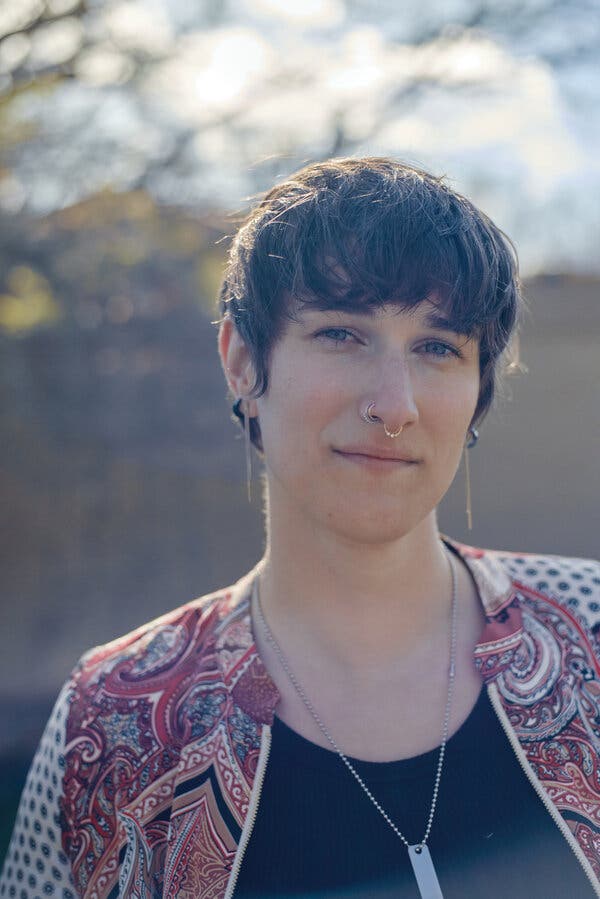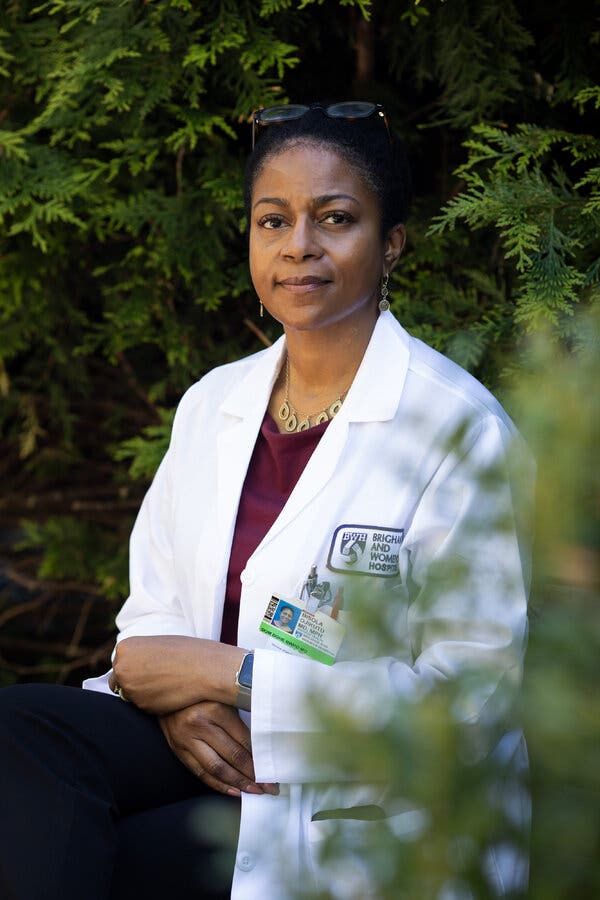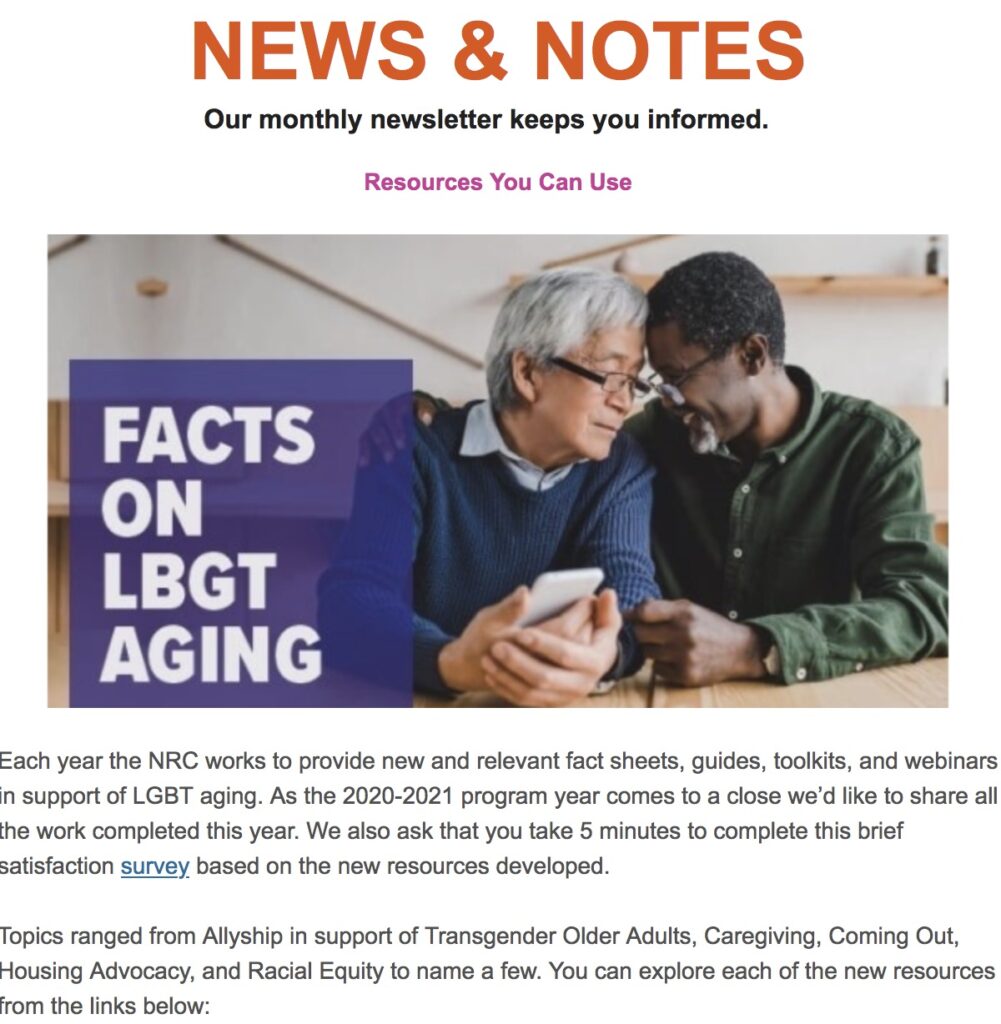People Living with HIV Stigma Index 2.0
The Social Determinants of Health & Equity Workgroup of Austin Fast Track Cities, is a collaborative effort where local government and nonprofit leaders and volunteers work together on ending the HIV epidemic in Austin and the surrounding counties. We are bringing an exciting project to Bastrop, Caldwell, Hays, Travis and Williamson Counties and are recruiting for the Advisory Committee for this project. If you are interested, please complete the interest form below by May 1, 2024.
This project is called the People Living with HIV Stigma Index 2.0. It’s a survey assessment, backed by several international organizations including the United Nations, in which our team will interview over 250 people living with HIV (PLHIV) and learn about stigma in our community. You can see an example of what we can learn in the study that came out of delivering this program in Baton Rouge and New Orleans (also attached to the same social media post as this document). Our goal is to gather robust data on the stigma PLHIV face in our area and how it impacts them. This can be used by providers, governments, and nonprofits to fine-tune services to reduce the barriers of stigma and help eradicate HIV and AIDS in our community.
We are also proud to partner with the Austin Area HIV Planning Council in this effort.
We are currently recruiting a Steering Committee to lead this pilot. Committee Members are unpaid volunteers and the time commitment will typically range from two to six hours per month (typically two hours). However, we are currently seeking ways to provide a small stipend to committee members. Committee Members will provide leadership and oversight of the project, as well as helping connect the project team to communities in our area. We are seeking a diverse group so we can recruit and interview people across the spectrum of diversity in our area. If you know others who might be interested, please forward this to them.
The Steering Committee will consist of two parts working closely together.
- Core members: 5-7 members will serve as the leading group and only these members hold a vote. Core members must be openly living with HIV and OK with public disclosure as this effort is led by People Living with HIV.
- Advisory members: 5-7 additional members will serve as non-voting advisors. Advisory members can be HIV - or HIV + and do not need to disclose status.
While anyone with a passion for ending the HIV epidemic can join, we are eager to recruit people with knowledge and experience with the following:
- Persons over 60 living with HIV
- Persons living with HIV-related dementia
- Communities of color
- Refugee and immigrant communities
- Family members of PLHIV
- Sex worker communities
- Drug user communities
- LGBTQIA+ communities
- Trans communities
- Men who have sex with men (MSM)
We are also looking for people with experience in fundraising and lining up donors, research training and/or expertise in communications and marketing.
If you are interested, we ask that you fill out the form (linked to above) which will be reviewed by the Social Determinants of Health & Equity Workgroup of Austin Fast-Track Cities. Please complete this form by May 1, 2024, if interested. The Austin Fast-Track Workgroup will reach out to those selected for the first Advisory Committee. If you prefer not to use the online form, please contact Rick Astray-Caneda III at [email protected] or 786.325.7425.

“Golden Generation”
If you are interested in participating send an email to [email protected] and look for instructions by email the first of each week.
More information on the “Golden Generation” is available on our website under the Senior Resources>Austin Resources>Senior Services tab. The website will also be updated with the dates and times for in person meetings if and when that information is available.

Austin Public Library’s Older Adult Book Club is free and open to the public. Each month we meet to discuss a work of fiction or non-fiction. The Older Adult Book Club is offered each month in two sessions. The in-person session meets 2nd Saturdays at 3:00 pm at the Yarborough Branch Library. The virtual session meets 4th Wednesdays at 7:00 pm through the free Teams videoconferencing app. (Dates may change due to holidays.)
There are many ways to get more information. Visit the Austin Public Library’s frequently updated online Events Calendar. Read about our 2022 selections on our BiblioCommons Reading List. Call the Yarborough Branch Library at 512-974-8820. Also, I have attached a flyer to this email. Would you share this information with your community? Book clubs provide meaningful social opportunities for people. As you know, this type of connection is especially important for older people. We hope you can join us!

Benchmark Research - a globally trusted clinical research company based in Austin, Texas with sites nationwide is looking for volunteers of all ages for a variety of studies.
Did you know that all medicine on the market takes part in a clinical research trial with volunteers? Since the COVID-19 pandemic more people are learning about the importance of clinical research trials than ever before and choosing to take part. Benchmark Research - a globally trusted clinical research company based in Austin, Texas with sites nationwide is looking for volunteers of all ages for a variety of studies. Volunteers will be compensated, and insurance is not required. Sign up for a study today! www.BenchmarkResearch.net or call 1.888.902.9605
LGBTQ Partners with Memory Loss
Aging with Pride: IDEA (Innovations in Dementia Empowerment and Action) at the University of Washington is offering a free program for individuals with memory loss and their care partners. Either the person with memory loss or their care partner must be LGBTQ. The program includes nine sessions with a trained coach and focuses on problem solving, improving communication, and low impact exercise. The sessions are virtual, using easy video chatting. The pair receives $125 for completing five phone interviews. This program is available in all 50 states.
In Covid Vaccine Data, L.G.B.T.Q. People Fear Invisibility
Few states collect sexual orientation or gender identity data, so no one knows how many people in some communities are getting vaccinated.
Published May 7, 2021Updated May 10, 2021

Josie Nixon of Denver, Colo. had to select “other” for her gender when registering for a Covid vaccine. There was no option for “transgender woman.”Caleb Alvarado for The New York Times
When Josie Nixon visited her health insurer’s website seeking a coronavirus vaccine, she felt invisible: On a registration form that collected personal and demographic information, the 29-year-old Denver resident had to select “other” for her gender.
There was no option for “transgender woman.”
Days before, Ms. Nixon had felt a sense of hope when President Biden announced his nomination of Dr. Rachel Levine, a transgender woman, to one of the nation’s top health posts and signed an executive order aimed at ameliorating Covid-19 health inequities in the country’s most vulnerable communities. But her experience was a stark reminder, she said, that the nation’s estimated 11.3 million L.G.B.T.Q. adults still have a long way to go toward reaching equity in health care and treatment in the United States.
Advocates and health experts are concerned that Ms. Nixon, like millions more in this population, will be unseen in a vaccine rollout for which data has revealed searing inequities across racial and socio-economic lines. Communities of color and other marginalized groups have faced some of the most severe coronavirus outcomes, yet have received a smaller share of vaccines. L.G.B.T.Q. people could face similar problems but may be overlooked because they aren’t counted.
Unlike with racial and ethnic data, the collection of sexual orientation and gender identity data is scattershot at best, captured in only a few states and territories.
The collection of this data would increase the visibility of vaccine disparities, advocates say, and allow policymakers and health care providers to more nimbly and equitably allocate resources and craft messaging campaigns for members of these groups. That’s important because they have routinely experienced health disparities and often mistrust the health care system, a result, in part, of a history of medical mistreatment.
Many doctors, for example, refused to treat those infected with H.I.V. during the early stages of the crisis. Some patients who were treated were prescribed toxic doses of a drug approved to combat AIDS. It was only in 1987 that the American Psychiatric Association fully stopped treating homosexuality as a mental disorder. “Gender identity disorder” was treated as such until 2013.
Today, many in this population continue to be turned away by doctors for emergency, pediatric and other forms of medical care. In some states, such as Arkansas, doctors will be able to legally withhold medically necessary treatment from L.G.B.T.Q. patients.
Experts fear this historical and continued mistreatment could deter even those willing to receive a vaccine from seeking one.
Adding sexual orientation and gender identity data to providers’ vaccine registration forms, then, can also serve another purpose, advocates say: It signals an affirming, safe space for this population of people, which could help address vaccine hesitancy.
Uncounted and left out
A number of national surveys and studies have found that L.G.B.T.Q. people are more likely to face hurdles to health care, from lack of transportation to outright denial of care.
A 2020 study shows that transgender people frequently experience overt discrimination by health care providers, from being denied care to being verbally harassed. And care seekers who were out to their providers were more than five times more likely to experience overt discrimination.
Those in intersectional vulnerable groups, such as Black or low-income L.G.B.T.Q. people, may have even more medical mistrust.

“You have a system where people are trying to access care and not receiving it, or not receiving treatment at the rate in which their white counterparts are receiving it, so, naturally, you’re not going to trust that system,” said Bisola Ojikutu, an infectious disease physician and professor of social medicine at Harvard University. Brad Sears, founding executive director at the Williams Institute in Los Angeles, which conducts research on sexual orientation and gender identity law and public policy, echoed this point.
“Being part of two marginalized groups results in marginalization that’s more than the sum of those two parts,” he said. “It is a compounded vulnerability.”
The pandemic may also be exacerbating some of these barriers. Trans Lifeline, a crisis hotline, said that calls from people unable to access care have more than doubled since before the pandemic.
And when people from L.G.B.T.Q. populations first enter a medical setting, they often fill out intake and registration forms that ask for age, race and ethnicity as well as gender. But the latter most often refers only to the sex a person was assigned at birth, not the gender with which they identify, and leaves out questions of sexual orientation.
It’s uncommon for medical institutions to go deeper and seek sexual orientation and gender identity data that allows a person to report whether they are straight, lesbian, gay, bisexual or something else, and whether they identify as female, male, transgender, nonbinary or gender-fluid.
And of more than 100 federal surveys in one study, only 11 collect some sexual orientation and gender identity data. While federal regulations mandate that some health care providers must carry electronic health record software with the capability to capture this data, a loophole in the ruling means they don’t have to actually collect it: they face no consequence if they do not include sexual orientation and gender identity questions on intake forms and in conversations about registration.
For some, not being represented on medical intake forms is yet another example of marginalization.
“So many people define me by my transgender identity,” said Ms. Nixon, who works as a development coordinator at Out Boulder County, a nonprofit organization that provides services and education to local L.G.B.T.Q. residents, and who has been denied care at least twice from clinicians. “But then when it finally comes down to it, they don’t actually care to ask me that identity when we’re dealing with a pandemic, or trying to get a lifesaving vaccine.”
Others, however, disagree with the idea of reporting sexual orientation and gender identity data when seeking a Covid-19 vaccine. Jaden Janak, a 25-year-old transmasculine, nonbinary doctoral student in Black Studies at the University of Texas at Austin, said that while it is important to have an option to self-report this data, that information shouldn’t be given out unless it’s necessary. “I don’t feel like the nurse that I’m going to see for 30 seconds needs to know that about me,” they said.Jaden Janak, a transmasculine, nonbinary doctoral student in Austin, Texas, asked why sexual orientation and gender identity data needed to be collected during vaccinations.Ilana Panich-Linsman for The New York Times
There is also the question of how such data would be stored and used. Last year, at least 44 transgender people were murdered in the United States and its territories. “As with any sort of tracking, there’s always another side, which is surveillance,” they said. Compiling this data could put “already oppressed people into an even more precarious situation.”
Still, even if some people are hesitant to divulge such data, research shows that clinicians overestimate how many patients would refuse to self-report. A 2017 study revealed that about 80 percent of clinicians believed patients would be hesitant to provide this data, but only 10 percent of patients reported they would refuse to do so.
The Centers for Disease Control and Prevention has also said that it should be optional for patients to report their gender identity. Having a chance to self-report, advocates say, is the key. “It’s important for people to be able to identify themselves, just like any other demographic,” said Chris Grasso, associate vice president for informatics and data services at the Fenway Institute. “We want to normalize the collection of data — just like we ask people questions around their age, race or ethnicity.”
Progress, but still a ways to go
L.G.B.T.Q. advocates have raised alarm bells throughout the pandemic, writing letters to health organizations and the new administration, asking that agencies report on coronavirus testing, care outcomes and vaccine uptake in their communities.
A few states and jurisdictions have started to make strides: Pennsylvania, Rhode Island and Washington, D.C., collect and report some of this data in their Covid-19 surveillance systems. And in September, California’s governor signed into law a bill requiring health care providers to collect the data for all communicable diseases.
But as recently as March, the California Department of Public Health had not made its sexual orientation and gender identity statistics public. And other officials, echoing concerns of those who want to keep their sexuality private, have expressed hesitancy over collecting this information. For example, Gov. Jared Polis of Colorado, who is gay, said in an April 2020 discussion with other elected officials that “there’s a lot of people in Colorado who don’t want that info out there.”
In spite of the paucity of data, the C.D.C. notes that L.G.B.T.Q. people may be more likely to suffer severe Covid-19 outcomes than heterosexual people, in part because of a higher prevalence of pre-existing conditions, including heart disease, diabetes, asthma, cancer, obesity and smoking.
Not knowing how many of these people have received a Covid-19 vaccine is a problem, advocates say.“The reason we need to do data-driven, culturally responsive outreach is that medical mistrust — and along with that, vaccine hesitancy — among L.G.B.T.Q. people is rooted in the stigma and discrimination that this community has experienced over time,” said Alex Keuroghlian, a psychiatrist in Boston.Greta Rybus for The New York Times
Agencies rely on population data to make policy decisions and direct funding, and advocates say that failing to collect sexual orientation and gender identity data on Covid-19 vaccine uptake could obscure the real picture and prevent vaccine distribution decisions and funds from positively impacting this population.
When it comes to Covid-19 vaccine distribution, “how can you design interventions and know where to target your resources if you don’t know where you’ve been?” said Dr. Ojikutu.
A February study showed that L.G.B.T.Q. people with high medical mistrust and concern about experiencing stigma or discrimination were least likely to say they would accept a Covid-19 vaccine.
“The reason we need to do data-driven, culturally responsive outreach is that medical mistrust — and along with that, vaccine hesitancy — among L.G.B.T.Q. people is rooted in the stigma and discrimination that this community has experienced over time,” said Alex Keuroghlian, a psychiatrist and director of the National LGBTQIA+ Health Education Center and the Massachusetts General Hospital Psychiatry Gender Identity Program.
Some L.G.B.T.Q. people have the opportunity to receive vaccines in health centers built for members of their communities, but most don’t. And placing affirmatively worded sexual orientation and gender identity questions with inclusive response options on vaccine registration forms could encourage members of these populations to more confidently sign up for Covid-19 vaccines outside of population-focused providers.
In a 2017 study, Meghan Romanelli, an assistant professor of social work at the University of Washington, found that L.G.B.T.Q. people were invested in finding affirmative medical attention, “so that they could be assured safety and nondiscriminatory care,” she said.
Transparency in how that data would be used, experts say, would also be important in helping this population to report this data at vaccination sites, rather than leaving fields blank.
And the time to do it, they say, is now.
“We have to do better at tracking the disparities and figuring out how to equalize people’s access to health care in between epidemics,” Mr. Sears said, “because the next one is likely to come.”
SAGE Resources for 2020-2021
